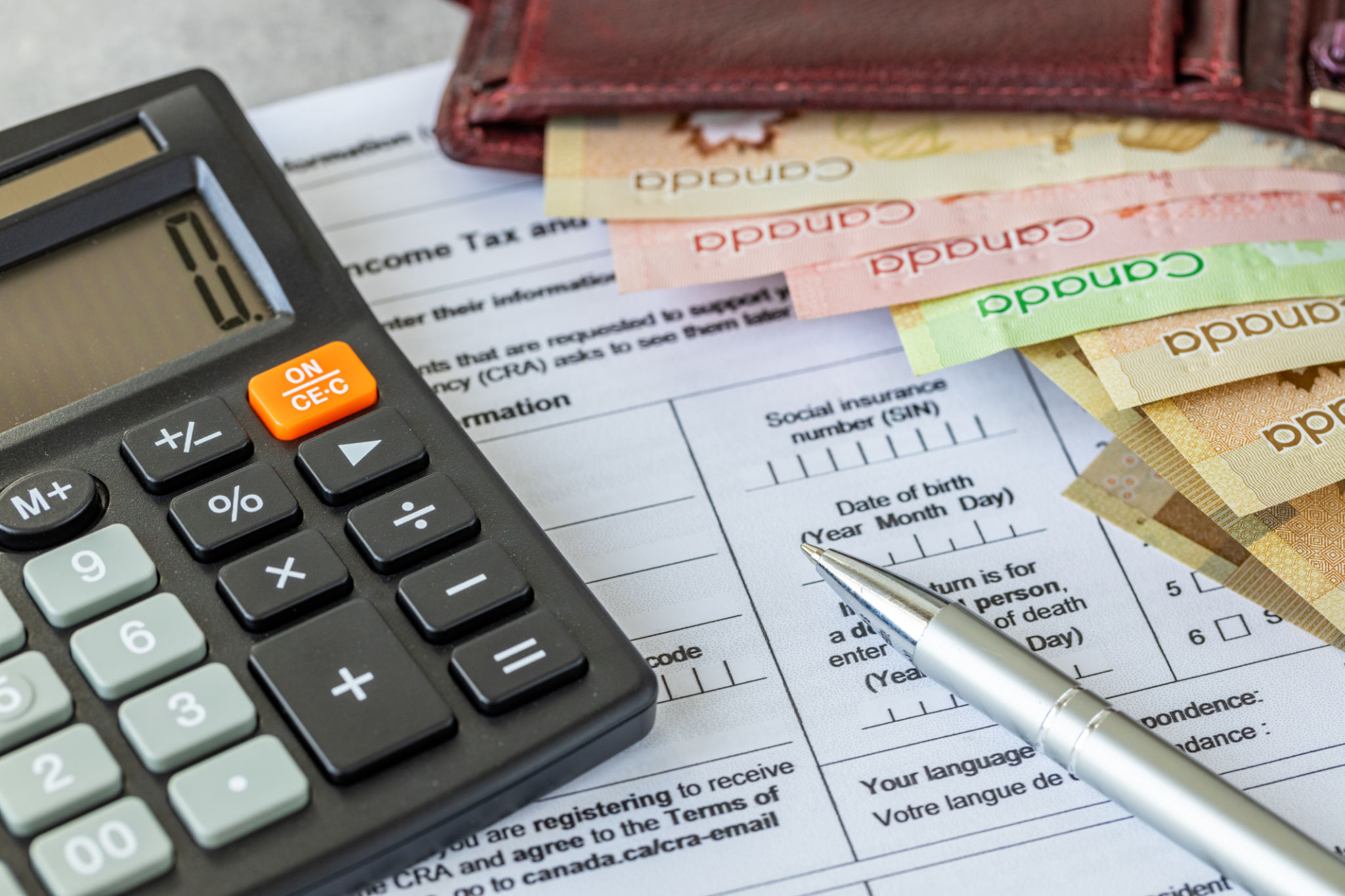Expert Tips for Maximizing Your Refund with Affordable Tax Preparation
Understanding Your Tax Situation
Before diving into tax preparation, it's crucial to understand your tax situation. This involves knowing your filing status, income brackets, and potential deductions. Having a clear picture of these aspects can make the process smoother and ensure you’re not leaving money on the table. Start by gathering all necessary documents, including W-2s, 1099s, and any receipts that may relate to deductible expenses.
Understanding your tax situation also means being aware of any changes in tax laws that might affect your return. Each year, tax regulations can change, impacting deductions and credits available to you. Keeping informed about these changes will help maximize your refund and avoid any pitfalls.

Choose the Right Tax Preparation Method
Choosing the right tax preparation method is key to ensuring accuracy and maximizing your refund. There are several options available, from DIY software to hiring a professional tax preparer. Each option has its pros and cons, and the right choice depends on your specific situation.
For simple returns, using affordable tax software might be the best option. Many of these programs are user-friendly and guide you through the process step-by-step. On the other hand, if you have a more complex tax situation, such as multiple income streams or investments, hiring a professional might be worth the cost. They can provide personalized advice and help navigate tricky deductions.
Consider Free Resources
Take advantage of free resources that can aid in your tax preparation. The IRS offers Free File, a service that allows taxpayers with an income below a certain threshold to file electronically at no cost. Additionally, many community organizations offer free tax help through programs like Volunteer Income Tax Assistance (VITA) for those who qualify.

Maximize Deductions and Credits
One of the most effective ways to increase your refund is by maximizing available deductions and credits. Deductions reduce your taxable income, while credits directly reduce the amount of tax you owe. Familiarize yourself with common deductions such as student loan interest, mortgage interest, and medical expenses.
Tax credits can be particularly beneficial. For instance, the Earned Income Tax Credit (EITC) is a significant benefit for low to moderate-income taxpayers. Make sure to explore all credits for which you might be eligible to boost your refund.
Keep Detailed Records
Maintaining thorough records throughout the year is essential for claiming deductions and credits. Keep track of receipts, invoices, and any documentation that supports your claims. This will not only make tax preparation easier but also provide evidence in case of an audit.

Review Before You File
Before submitting your tax return, take the time to review all the information carefully. Errors can lead to delays in processing or even a reduced refund. Double-check calculations, ensure all personal information is correct, and confirm that you've included all necessary forms.
Consider having another set of eyes review your return. Whether it's a trusted friend or a professional preparer, a fresh perspective can catch mistakes you might have missed. This extra step can help maximize your refund and give you peace of mind.
File Early
Filing early not only helps you get your refund sooner but also reduces the risk of identity theft related to fraudulent returns. The sooner you file, the less likely someone else can use your information to file a false return in your name. Plus, early filers have more time to address any issues that may arise during processing.
